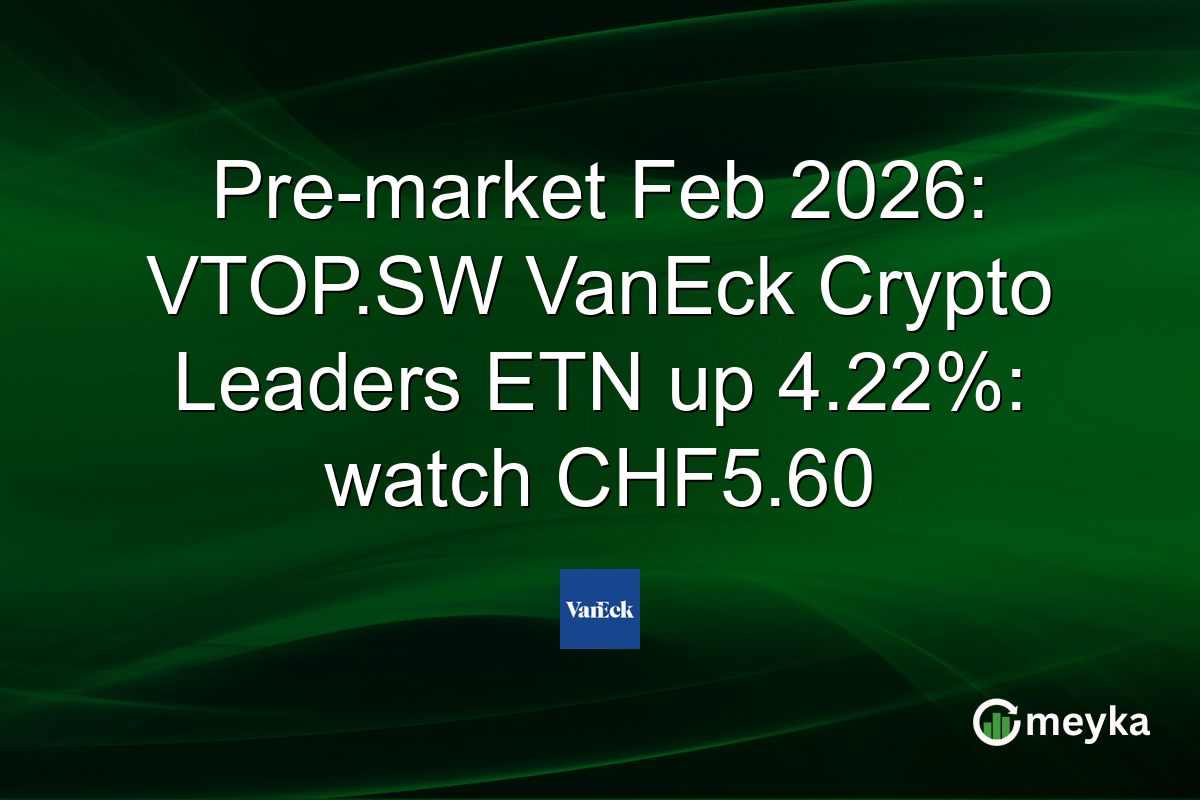Philippines Moves Toward Crypto Regulation: A Balancing Act for the Industry
In a significant development for the digital asset landscape, the Philippine Securities and Exchange Commission (SEC) has unveiled draft guidelines aimed at regulating Crypto-Assets Service Providers (CASPs). This initiative reflects growing concerns over market stability and investor protection in an industry characterized by rapid growth and increasing complexity.
Importance of the Draft Guidelines
This undertaking by the SEC comes amidst a global trend toward more stringent regulatory frameworks in the digital asset sector. With the introduction of these guidelines, the SEC seeks to lay the groundwork for a regulated environment that prioritizes consumer safety while fostering innovation. By creating an organized regulatory space, the Philippines is positioning itself to become a formidable player on the global fintech stage.
Capital Requirements Reflecting Financial Resilience
A notable aspect of the proposed guidelines is the introduction of a minimum paid-up capital requirement of PHP100 million (approximately $1.75 million) for companies that wish to operate as CASPs. This stipulation underscores the SEC’s commitment to ensuring that only financially robust businesses can participate in the digital asset ecosystem. Furthermore, it requires potential operators to demonstrate not just compliance with the capital threshold but also financial capability to meet ongoing operational demands, which indicates a more thorough evaluation of their long-term viability.
Comprehensive Registration Process
Entities aspiring to be recognized as CASPs must adhere to a rigorous registration protocol. They must be duly registered as corporations with explicit business purposes centered around digital assets, as outlined in their Articles of Incorporation. Additionally, applicants will be required to present an array of documentation, including a detailed business plan and information about their risk control measures. This thorough vetting process aims to ensure that only competent and responsible firms enter the market.
Room for Exemptions: A Dual Approach
Despite the strict guidelines, the SEC has left the door open for potential exemptions from registration. The draft allows for case-by-case evaluations where certain organizations may qualify for leniency based on public interest considerations. This approach seeks to balance firm regulation with flexibility, enabling agile and innovative smaller firms to enter the market without being overly burdened by regulatory demands. However, such exemptions will require formal applications and justification, ensuring a careful monitoring process from the SEC.
Impact on Industry Dynamics
The introduction of these guidelines is expected to impact the competitive landscape within the Philippines’ digital asset sector. The high capital requirement could filter out less financially stable entities, leading to greater consolidation among established players. In parallel, the possibility of exemptions could encourage nimble startups and innovative companies that are able to demonstrate compliance with investor protection principles.
Next Steps and Community Engagement
The draft guidelines are now open for public consultation, with the SEC inviting responses until April 26. This step is crucial, as it allows stakeholders to voice their opinions and suggests avenues for a more refined regulatory framework. After gathering feedback, the SEC will review the comments and finalize the guidelines, which will eventually take effect 30 days post-publication in widely circulated newspapers.
Conclusion: Shaping the Future of Digital Assets
As the Philippines crafts a regulatory blueprint for the burgeoning digital asset industry, the SEC’s actions signify a larger trend towards enhancing consumer protection while nurturing innovation. Companies looking to participate in this market must prepare to navigate an evolving landscape that, while strict, offers opportunities for those who thrive under its structured regulations. The implications of these rules could resonate well beyond the borders of the Philippines, as they contribute to the broader discussion on digital asset regulation worldwide.



